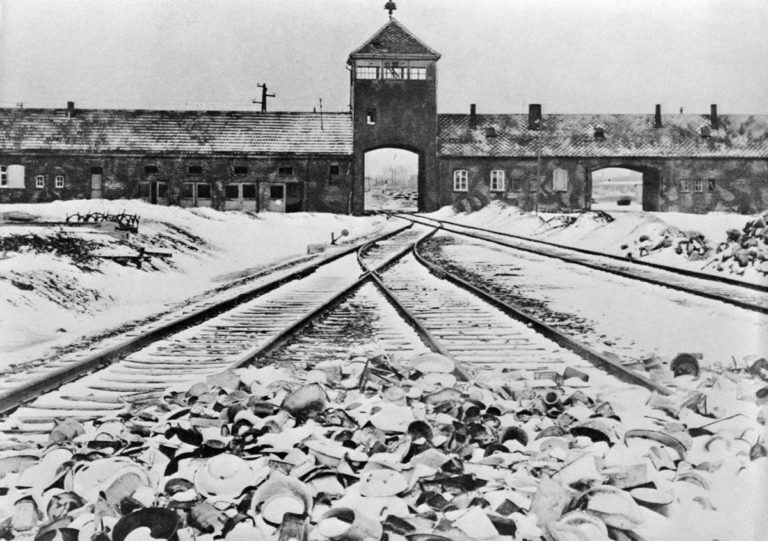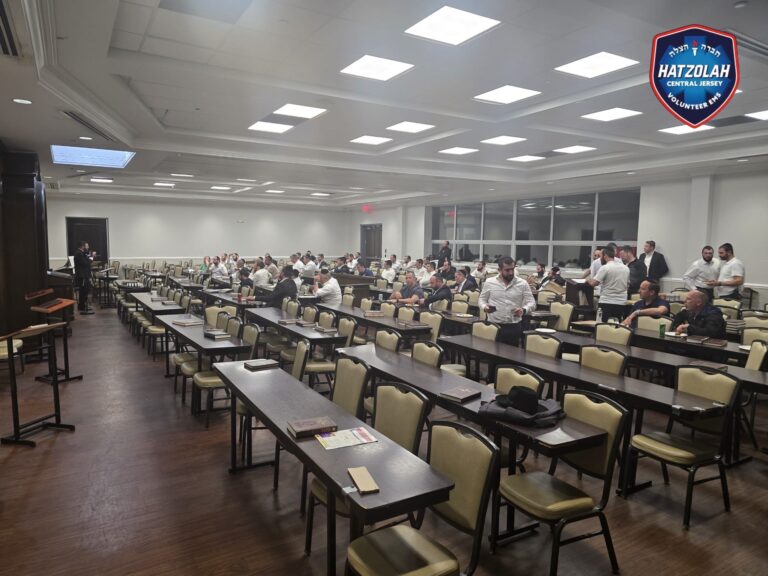Ukrainian forces on Wednesday damaged a bridge that is key to supplying Russian troops in southern Ukraine, where Russia’s foreign minister said Moscow will consolidate its territorial gains.
Russian Foreign Minister Sergey Lavrov told state-controlled RT television and the RIA Novosti news agency that Russia plans to retain control over broader areas beyond eastern Ukraine, including the Kherson and Zaporizhzhia regions in the south, and will make more gains elsewhere.
Lavrov’s remarks and the Ukrainian missile attack on the strategically important Kherson region bridge indicated the nearly five-month war could broaden after unfolding mostly in eastern Ukraine since April.
Russia’s top diplomat noted that when Russia and Ukraine in March discussed a possible deal to end the fighting, “Our readiness to accept the Ukrainian proposal was based on the geography of March 2022.”
“Now it’s a different geography,” Lavrov said, repeating Moscow’s claims that the United States and Britain were encouraging Ukraine to expand the hostilities.
With Western countries providing Ukraine with longer-range weapons, Lavrov said Russia’s “geographical tasks will be pushed even further from the current line because we cannot allow the part of Ukraine under control of Zelenskyy or whoever comes to succeed him, to have weapons that will pose a direct threat to our territory and the territories of those republics that have declared their independence.”
Russia invaded Ukraine on Feb. 24 and quickly seized territory, but withdrew from the capital region and north to concentrate on seizing Donetsk and Luhansk provinces, which pro-Moscow separatists have partly controlled since 2014.
As Russian forces captured more of the two provinces, which together make up Ukraine’s industrial Donbas region, Ukrainian officials planned a counter-offensive to retake Russian-occupied areas in the south.
The Ukrainian strike on the Dnipro River bridge, the second in as many days, appeared intended to loosen Russia’s grip on the southern Kherson region.
Kirill Stremousov, deputy head of a temporary, Russian-installed administration running the region, said the Ukrainian military struck the Antonivskyi Bridge using U.S.-supplied HIMARS multiple rocket launchers. The 1.4-kilometer (0.9-mile) bridge is the main river crossing in the Kherson region, and the Russian military uses it to supply its forces. Stremousov said that because of the bridge damage, pontoons would be constructed over the river, also known as the Dnieper.
The head of the Moscow-appointed Kherson administration, Vladimir Saldo, said cars could continue driving across the bridge but trucks couldn’t and instead could use a dam 80 kilometers (50 miles) away.
Early in the war, Russian troops overran the Kherson region just north of the Crimean Peninsula, which Russia annexed in 2014. They have faced Ukrainian counterattacks, but have largely held their ground.
Kherson — site of ship-building at the confluence of the Dnipro River and Black Sea — is one of several areas a U.S. government spokesman said Russia is trying to take over.
White House national security council spokesman John Kirby said Tuesday that U.S. intelligence officials have evidence that Russia wants to annex Kherson, Zaporizhzhia and all of the Donbas through referendums, as soon as September.
In Zaporizhzhia, Russian-installed authorities claimed Wednesday that Ukraine’s military had used drones to attack the local nuclear power plant, Europe’s largest. Vladimir Rogov, a local Moscow-appointed official, said three Ukrainian attack drones had hit the plant’s territory with explosives but not its reactor area. All normal operations continued, and no release of radiation was detected, he said. Russia’s state news agency Tass reported 11 plant workers were injured, four seriously. The news agency later quoted a Russian military official as saying the attack had occurred Monday.
Ukrainian authorities, who have over the past months reported Russian missiles almost hitting the plant, did not immediately comment on the report.
The bulk of Russia’s forces are fighting in the Donbas, where they have made slow gains facing Ukrainian resistance. The Russian military has used long-range missiles to strike targets across Ukraine, killing hundreds of civilians.
Ukraine’s presidential office said at least 13 civilians were killed and 40 wounded in Russian shelling across the country in a 24-hour period between Tuesday and Wednesday.
On Wednesday, at least three more people died when Russia bombarded the northeastern city of Kharkiv with Hurricane salvo rocket systems. The victims, who were waiting at a bus stop, included a 69-year-old man, his wife and a 13-year-old boy.
The boy’s 15-year-old sister was injured, according to the Kharkiv Regional Prosecutor’s Office. Video showed the boy’s father, apparently in a state of shock, praying above his son’s uncovered body and holding his hand.
Russia has repeatedly accused Ukraine of launching cross-border attacks. Another such report came Wednesday, when Belgorod Gov. Vyacheslav Gladkov said on Telegram that Ukrainian forces had fired on two Russian border villages.
Most villagers were previously evacuated under a state of emergency, but Gladkov said the latest attack killed a man, and damaged homes and a village club.
In other developments Wednesday:
— An Associated Press investigation has found that many refugees from Ukraine are forced to embark on a surreal trip into Russia, subjected along the way to human rights abuses, stripped of documents and left confused and lost about where they are.
—U.S. Defense Secretary Lloyd Austin said Wednesday that Ukraine has been using U.S-supplied HIMARS rocket launchers effectively and would provide four more, bringing the total to 16. The truck-mounted HIMARS launchers fire GPS-guided missiles that can reach targets up to 80 kilometers (50 miles) away.
— Ukraine’s first lady, Olena Zelenska, appealed to American lawmakers during a speech at the U.S. Capitol for more air defense systems to protect her country’s skies. In her unsparing Capitol address, Zelenska shared images of blood-stained baby strollers and small crumpled bodies left after Russian missile attacks.
— The European Union’s head office proposed that member states cut their natural gas use by 15% over the coming months to ensure that any full Russian cutoff of natural gas supplies will not cause unmanageable winter disruptions. While the initial cuts would be voluntary, the European Commission also asked for the power to impose mandatory reductions across the bloc in the event of a severe gas shortage or exceptionally high demand.
Zelenskyy, in a Wednesday night video address, said Europe should have reduced its dependence on Russian gas previously. “If our position had been listened to earlier,” he said, “we would not have had to look for emergency ways to fill the deficit that Russia is artificially creating on the European market.”
— In a sign of the crippling economic impact of the war, the Ukrainian government said it would ask investors to allow the country to postpone foreign debt payments for two years. Leaders of a group of creditors said they agreed to the delay and urged bondholders to do the same.
(AP)











